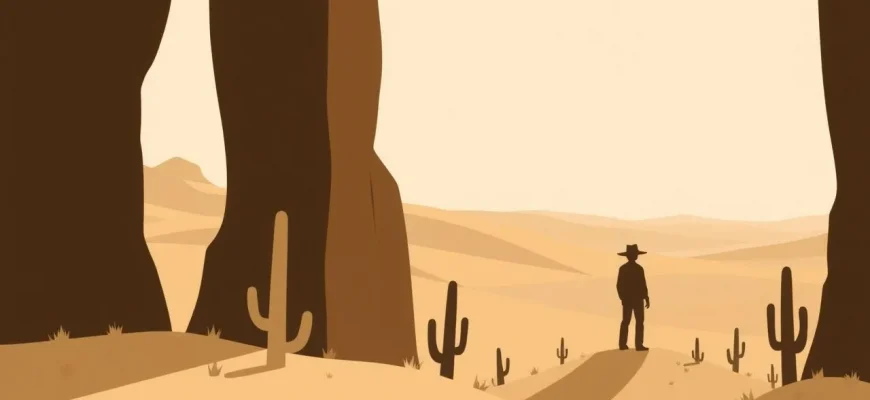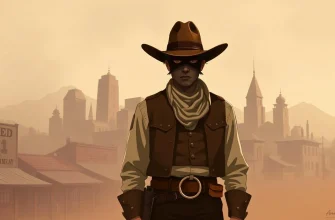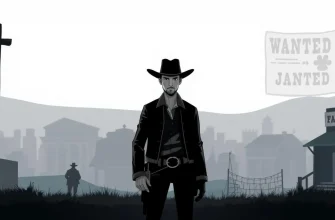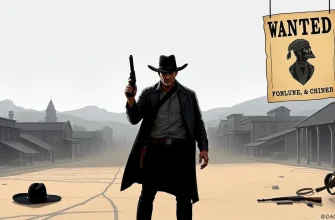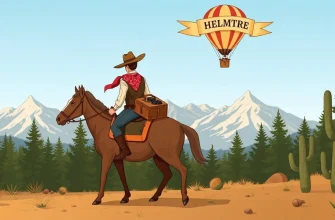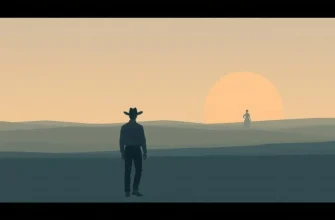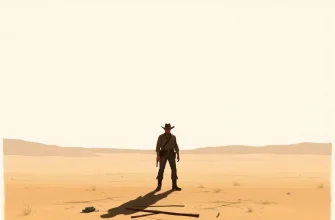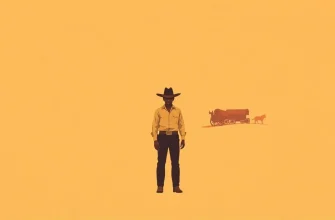The Wild West, with its vast landscapes and lawless frontiers, often serves as a backdrop for stories of self-discovery and introspection. These films delve into the psyche of their characters, exploring themes of identity, redemption, and personal growth against the rugged backdrop of the American frontier. Here's a curated list of 10 Western films that not only entertain but also invite viewers to reflect on their own paths of self-analysis.

High Noon (1952)
Description: Marshal Will Kane's internal struggle with duty, fear, and honor unfolds in real-time as he faces his past and the town's indifference.
Fact: The film was shot in just 32 days, and its real-time narrative structure was groundbreaking for its time.
 Watch Now
Watch Now 
Shane (1953)
Description: Shane, a mysterious gunfighter, finds himself drawn into a conflict that forces him to confront his past and his desire for a peaceful life.
Fact: The film was shot in Jackson Hole, Wyoming, and its iconic final scene was filmed in one take.
 Watch Now
Watch Now 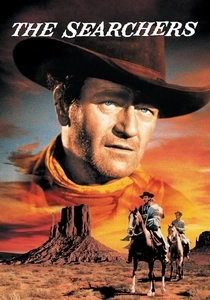
The Searchers (1956)
Description: John Wayne's character, Ethan Edwards, embarks on a quest to rescue his niece, but his journey becomes a profound exploration of his own prejudices and inner demons.
Fact: The film was shot in Monument Valley, which has become synonymous with the Western genre. It was also the first film to be shot in VistaVision, a high-resolution widescreen process.
 Watch Now
Watch Now 
The Man Who Shot Liberty Valance (1962)
Description: Senator Ransom Stoddard returns to a small town to attend the funeral of Tom Doniphon, revealing the truth behind the legend of who really shot Liberty Valance, exploring themes of heroism and truth.
Fact: The film famously ends with the line, "When the legend becomes fact, print the legend," which has become a well-known quote about the nature of myth-making.
 Watch Now
Watch Now 
True Grit (1969)
Description: Mattie Ross, a young girl, hires the aging U.S. Marshal Rooster Cogburn to track down her father's killer, leading to a journey of self-discovery for both characters.
Fact: John Wayne won his only Academy Award for Best Actor for his role as Rooster Cogburn.
 Watch Now
Watch Now 
The Wild Bunch (1969)
Description: Aging outlaws confront the end of the Old West, leading to a violent and introspective journey about loyalty, honor, and the passage of time.
Fact: The film was one of the first to show graphic violence, influencing the portrayal of violence in cinema.
 Watch Now
Watch Now 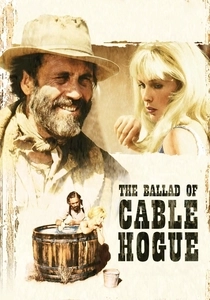
The Ballad of Cable Hogue (1970)
Description: Cable Hogue, left for dead in the desert, finds water and builds a life around it, reflecting on his past and the nature of human relationships.
Fact: Sam Peckinpah directed this film, which is often considered one of his most personal works.
 Watch Now
Watch Now 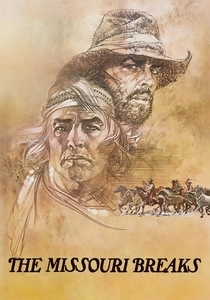
The Missouri Breaks (1976)
Description: A tale of revenge and introspection set against the backdrop of the Montana Territory, where two men, one a rancher, the other a hired killer, confront their inner selves.
Fact: This was the only film to star both Marlon Brando and Jack Nicholson, making it a unique collaboration of two acting giants.
 Watch Now
Watch Now 
The Outlaw Josey Wales (1976)
Description: After losing his family, Josey Wales goes on a journey of vengeance that ultimately leads him to self-discovery and a new understanding of community and forgiveness.
Fact: The film was based on the novel "The Rebel Outlaw: Josey Wales" by Forrest Carter, who was later revealed to be Asa Earl Carter, a former KKK member.
 Watch Now
Watch Now 
Unforgiven (1992)
Description: William Munny, a former gunslinger, confronts his past and his own moral compass when he takes on one last job, leading to a deep introspection about violence and redemption.
Fact: Clint Eastwood won his first Best Director Oscar for this film, and it was also the last Western to win Best Picture at the Oscars until "No Country for Old Men" in
 Watch Now
Watch Now 
